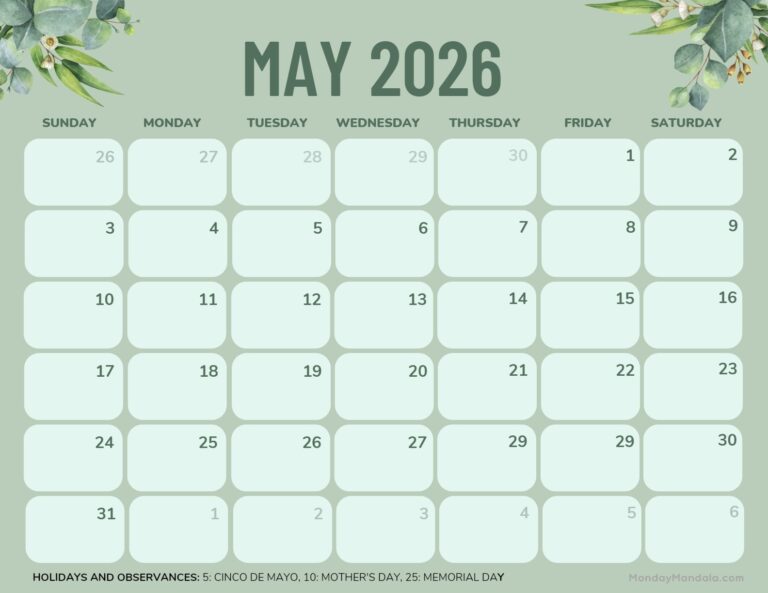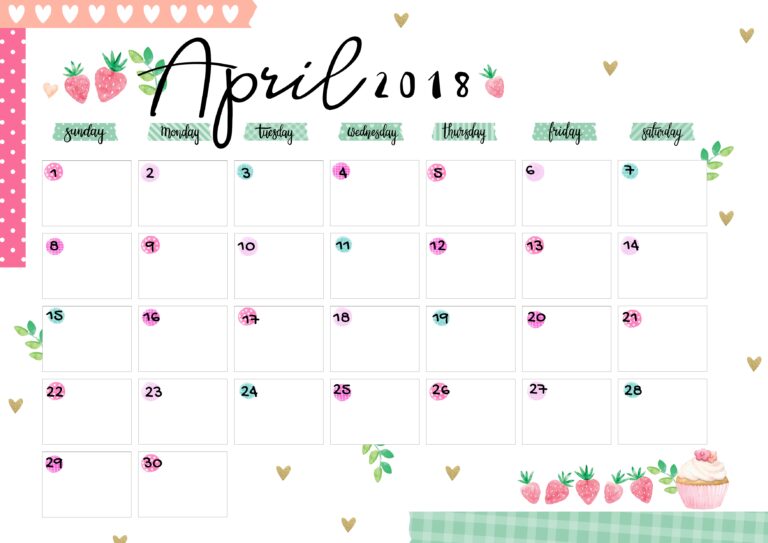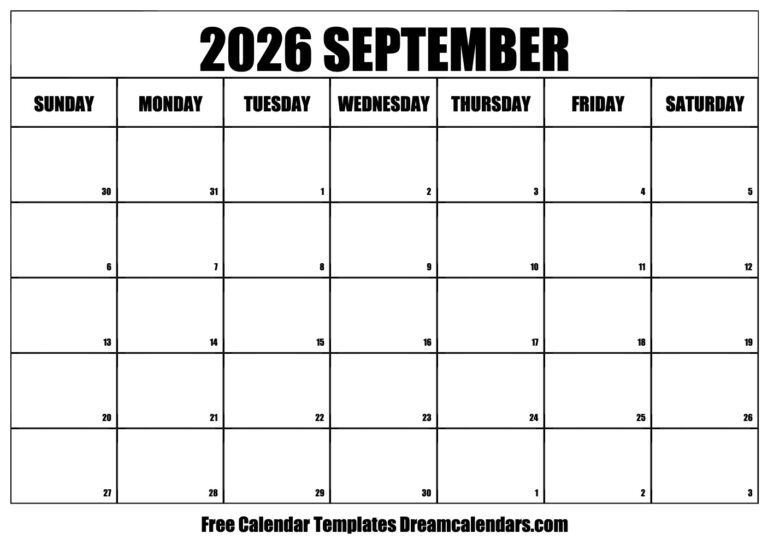Navigating the Congressional Calendar: A Comprehensive Guide to 2026
The intricacies of the legislative process unfold within the framework of the Congressional Calendar, a meticulously crafted schedule that orchestrates the rhythm of lawmaking in the United States. Delving into the calendar for 2026, we embark on a journey through the halls of Congress, deciphering the significance of key dates, events, and procedures that shape the legislative landscape.
From the State of the Union address to crucial committee hearings and floor debates, the Congressional Calendar serves as a roadmap, guiding us through the labyrinthine corridors of legislative decision-making. By understanding its structure and nuances, we gain invaluable insights into the machinations of our government and the laws that govern our lives.
Floor Proceedings and Debates

In 2026, the House of Commons will continue to hold floor proceedings and debates on a regular basis. These proceedings provide an opportunity for MPs to discuss and debate important issues, and to hold the government to account.
The process for scheduling floor proceedings and debates is set out in the Standing Orders of the House of Commons. The Business Committee, which is made up of representatives from all parties, meets weekly to decide which bills and motions will be debated on the floor of the House. The committee also sets the time limits for debates and decides which amendments will be allowed.
Rules and Procedures Governing Floor Debates
There are a number of rules and procedures that govern floor debates in the House of Commons. These rules are designed to ensure that debates are conducted in a fair and orderly manner.
- MPs must address the Speaker when speaking in the House.
- MPs must not use offensive or unparliamentary language.
- MPs must not make personal attacks on other MPs.
- MPs must not filibuster, or speak for an excessively long period of time.
Major Bills or Resolutions Expected to be Debated
A number of major bills and resolutions are expected to be debated in the House of Commons in 2026. These include:
- The budget bill, which sets out the government’s spending plans for the year.
- The Queen’s Speech, which Artikels the government’s legislative agenda for the year.
- A number of bills that will implement the government’s Brexit plans.
Legislative Tracking and Analysis

Monitoring the progress of legislation through the Congressional calendar is crucial for understanding the legislative process. You can track bills through various resources like bill tracking websites and legislative databases. These platforms provide up-to-date information on bill introductions, committee assignments, floor votes, and final outcomes.
Bill Tracking Websites
Numerous bill tracking websites offer comprehensive information on legislative activity. These websites allow you to search for bills by topic, sponsor, or . They provide details on the bill’s status, committee assignments, amendments, and voting records. Some popular bill tracking websites include:
- GovTrack
- Congress.gov
- OpenCongress
FAQs
What is the significance of joint sessions in the Congressional Calendar?
Joint sessions, where both the House and Senate convene in the same chamber, are typically reserved for momentous occasions such as the State of the Union address or the counting of electoral votes. They symbolize the unity and cooperation between the two chambers in addressing matters of national importance.
How can I track the progress of a specific bill through the Congressional Calendar?
There are several online resources available for tracking the progress of legislation. Websites such as Congress.gov and GovTrack.us provide detailed information on the status of bills, including their sponsors, committee assignments, and floor votes. Additionally, you can subscribe to email alerts or follow specific committees on social media to stay informed about the latest developments.
What is the role of recess periods in the Congressional Calendar?
Recess periods, typically scheduled during the summer and holidays, allow members of Congress to return to their home districts and engage with constituents. These breaks provide an opportunity for lawmakers to gather feedback, hold town hall meetings, and stay connected with the communities they represent.



